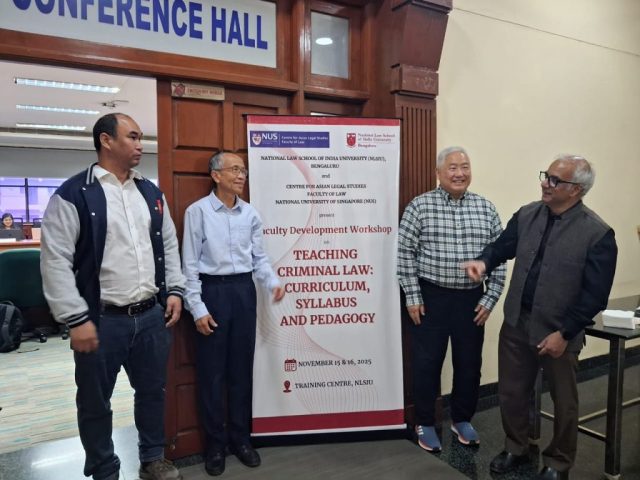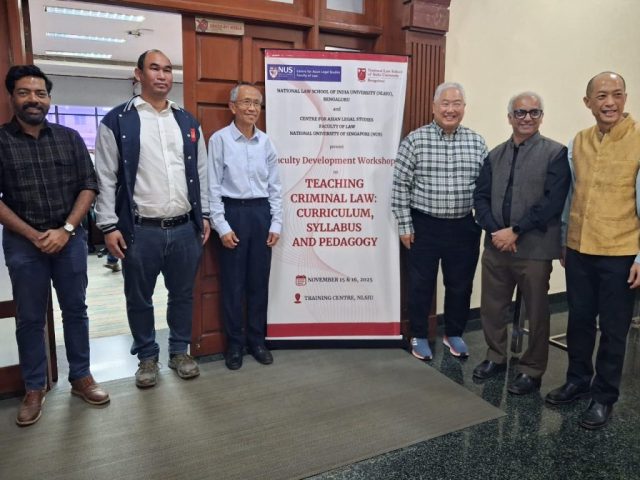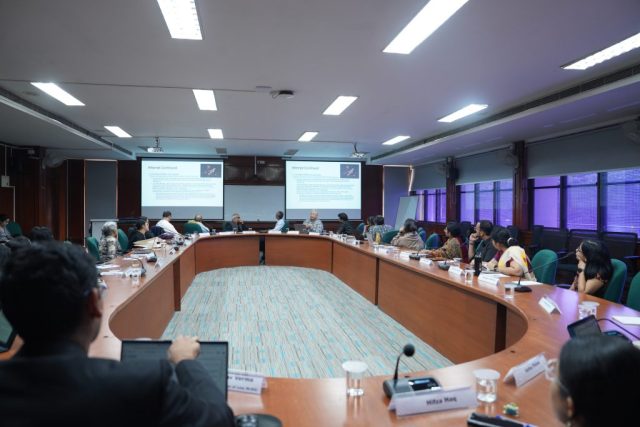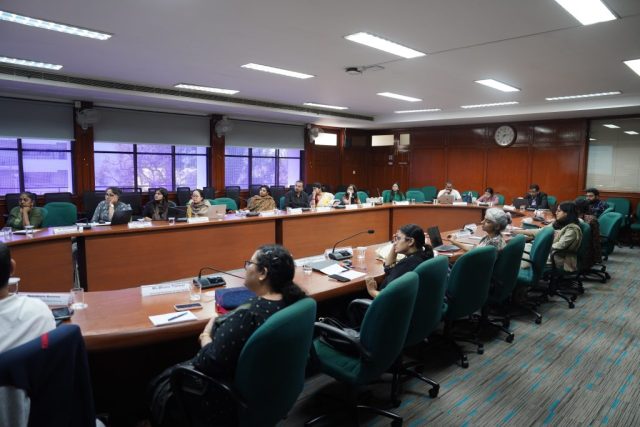The National Law School of India University (NLSIU) invites expressions of interest for the position of Intellectual Property Rights (IPR) Chair established at NLSIU by the Department for Promotion of Industry and Internal Trade, also know as the DPIIT Intellectual Property Rights (IPR) Chair.
Intellectual Property Rights Chair, NLSIU
The Intellectual Property Rights (IPR) Chair established at NLSIU by the Department for Promotion of Industry and Internal Trade, Ministry of Commerce and Industry, Government of India, under the Scheme for Pedagogy & Research in IPRs for Holistic Education & Academia (SPRIHA) seeks to promote the study of, education in, research on Intellectual Property Rights (IPR) as well as outreach on Intellectual Property matters. The Chair supports specialised courses on IPR with the aim of inculcating a nuanced understanding of Intellectual Property among students. It holds seminars, workshops and special lectures with the aim of producing high quality research, strengthening pedagogy, engaging in public policy dialogue and attracting world class researchers and academicians to the University in the field of intellectual property rights.
Role of the Chair Professor
The Chair Professor will promote teaching and research on Intellectual Property (IP) related subjects at the University. The Chair Professor will expand IP knowledge base including through research on global best practices, foster collaborations with other academic institutions in India and abroad, and build engagement with industry and other stakeholders. The Chair Professor will publish regularly on various public platforms including NLS Scholarship Repository on topical issues.
Read the official notification.
Express your Interest
Expressions of interest are invited from interested candidates. Candidates can send in their updated resume and an 800-word Statement of Purpose to .
The last date for submission of applications has been extended to December 31, 2025 (5 pm). (View corrigendum)

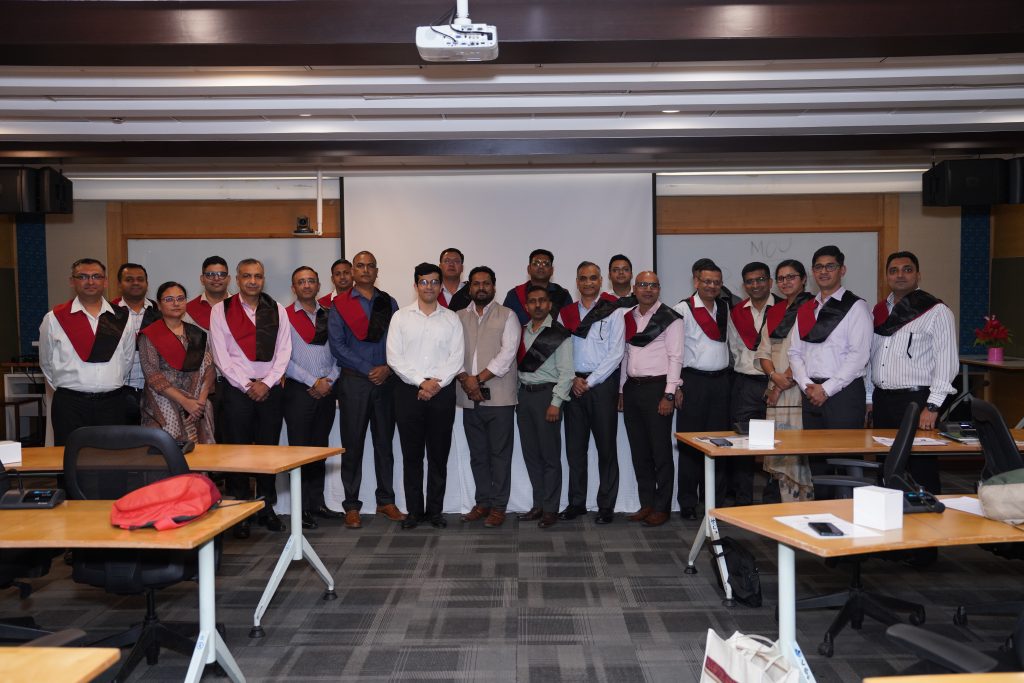 The National Law School of India University (NLSIU), Bengaluru, successfully conducted a six-day Management Development Programme (MDP) on “Legal Framework Affecting Procurement of Goods and Services” for officers of the Indian Army from November 10–15 , 2025 at the University. The programme was organised under the Memorandum of Understanding (MoU) between NLSIU and the Army Training Command (ARTRAC), Shimla, marking the fourth consecutive year of collaboration.
The National Law School of India University (NLSIU), Bengaluru, successfully conducted a six-day Management Development Programme (MDP) on “Legal Framework Affecting Procurement of Goods and Services” for officers of the Indian Army from November 10–15 , 2025 at the University. The programme was organised under the Memorandum of Understanding (MoU) between NLSIU and the Army Training Command (ARTRAC), Shimla, marking the fourth consecutive year of collaboration.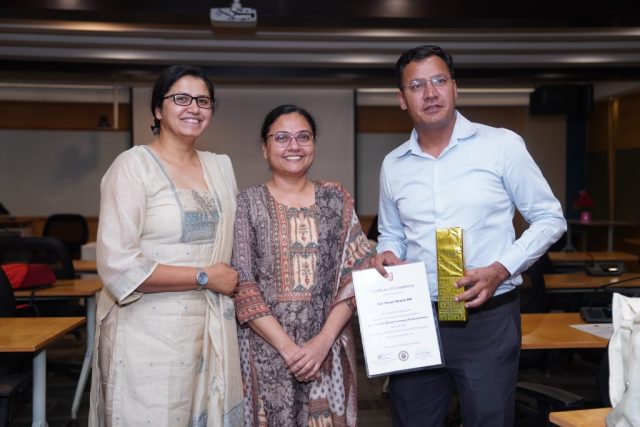
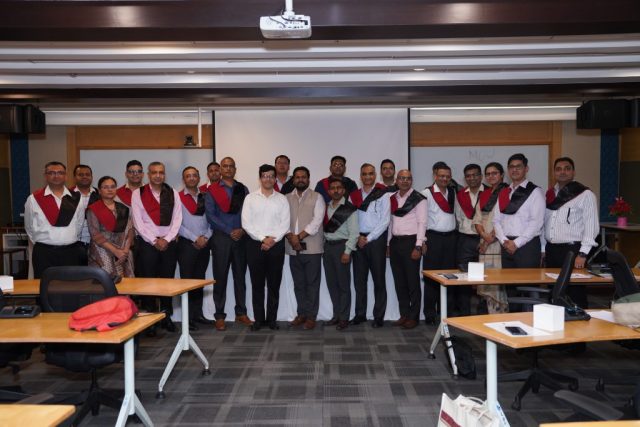
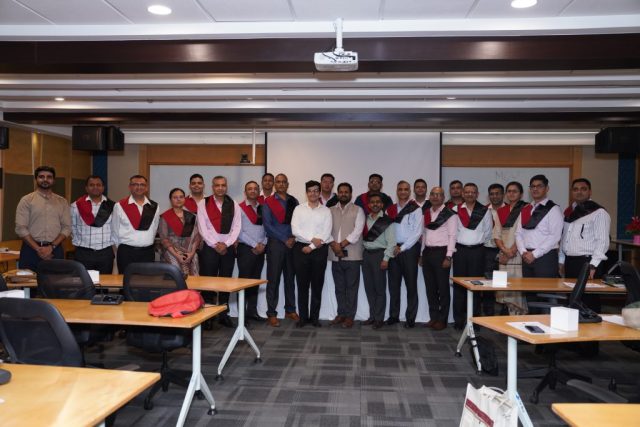
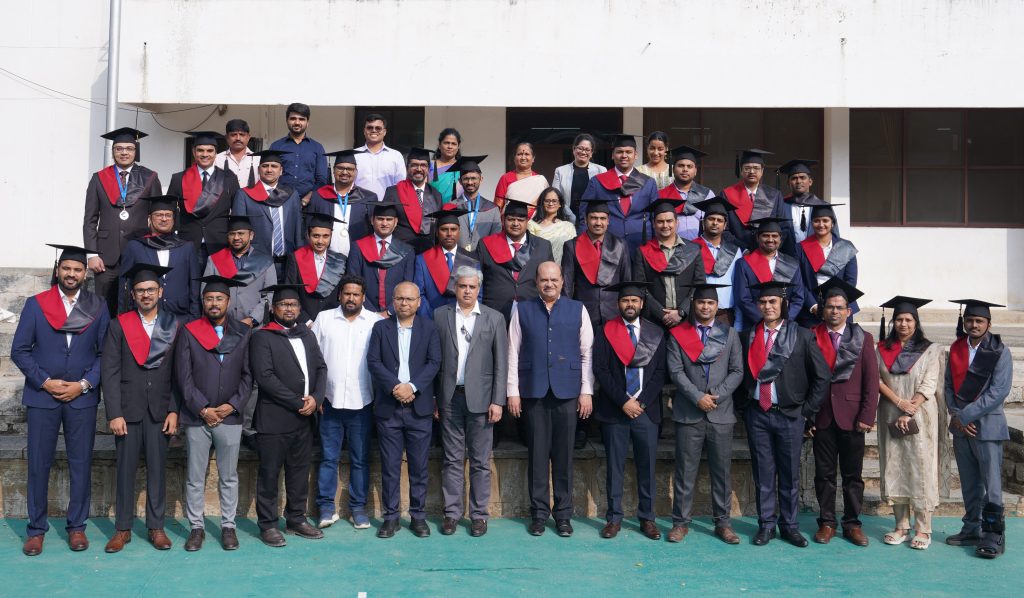 The National Law School of India University (NLSIU), Bengaluru, has successfully concluded the 11th edition of the Accreditation Programme on Legal Systems & Commercial Laws (APCL), conducted in partnership with Larsen & Toubro (L&T). Designed for mid-career professionals across L&T, the programme aimed to strengthen legal literacy, enhance commercial law competencies, and build practical legal decision-making skills aligned with business operations.
The National Law School of India University (NLSIU), Bengaluru, has successfully concluded the 11th edition of the Accreditation Programme on Legal Systems & Commercial Laws (APCL), conducted in partnership with Larsen & Toubro (L&T). Designed for mid-career professionals across L&T, the programme aimed to strengthen legal literacy, enhance commercial law competencies, and build practical legal decision-making skills aligned with business operations.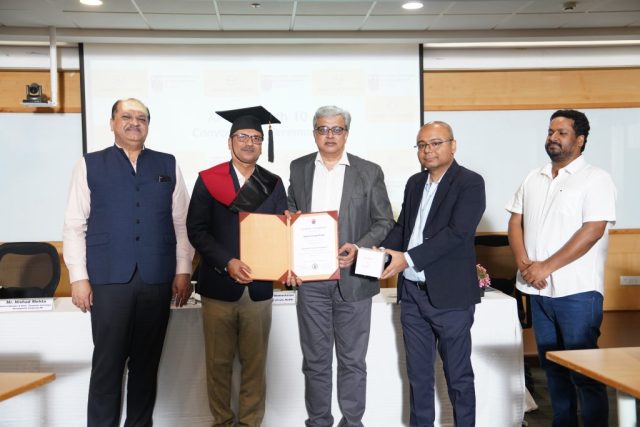
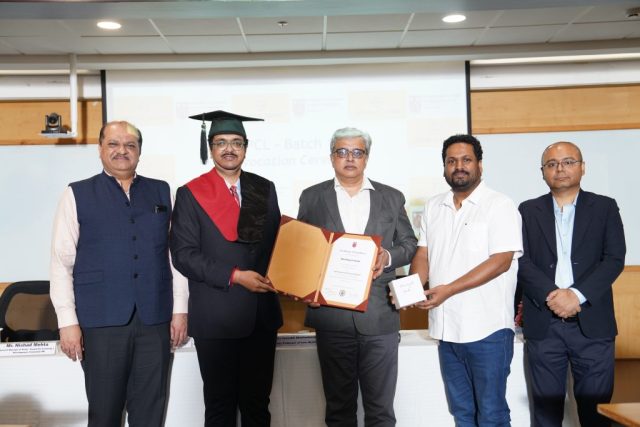
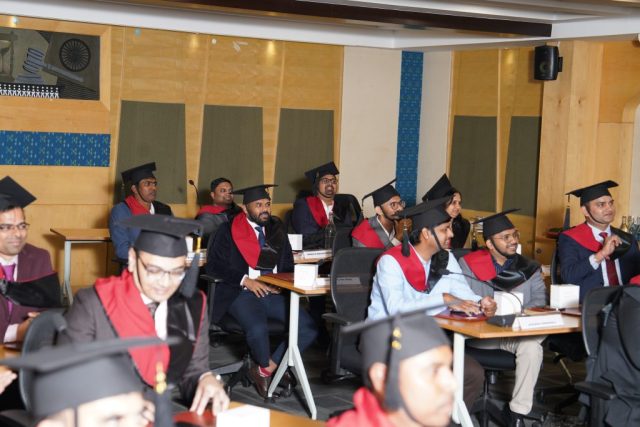
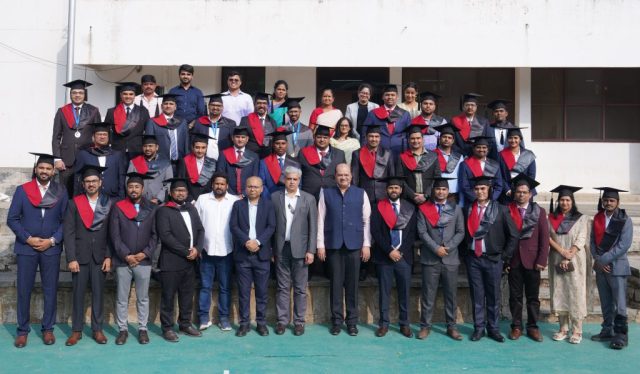
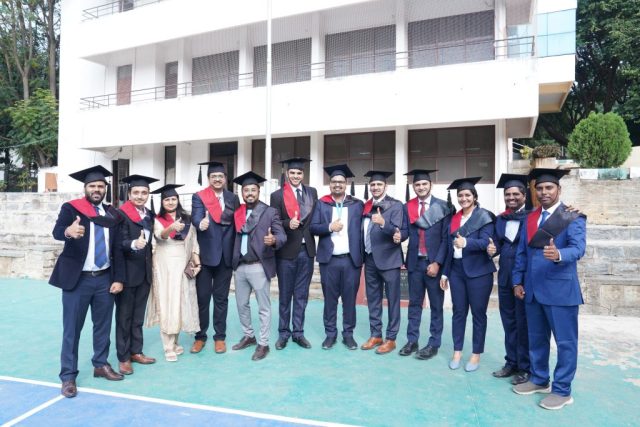
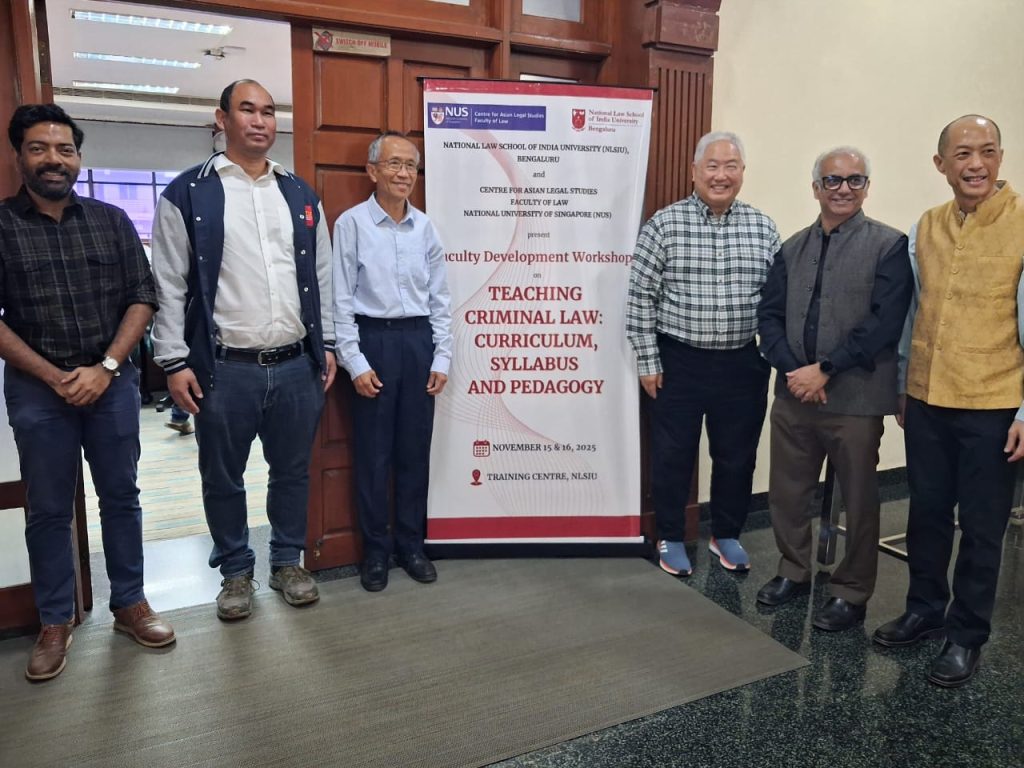 At NLSIU, we believe that the strength of a nation’s legal education begins in the classroom—and with the teachers who shape it every day. As an institution that recognises its responsibility to give back and uplift the wider academic community, we are committed to fostering collaboration, shared learning, and reflective pedagogy across law schools in India.
At NLSIU, we believe that the strength of a nation’s legal education begins in the classroom—and with the teachers who shape it every day. As an institution that recognises its responsibility to give back and uplift the wider academic community, we are committed to fostering collaboration, shared learning, and reflective pedagogy across law schools in India.